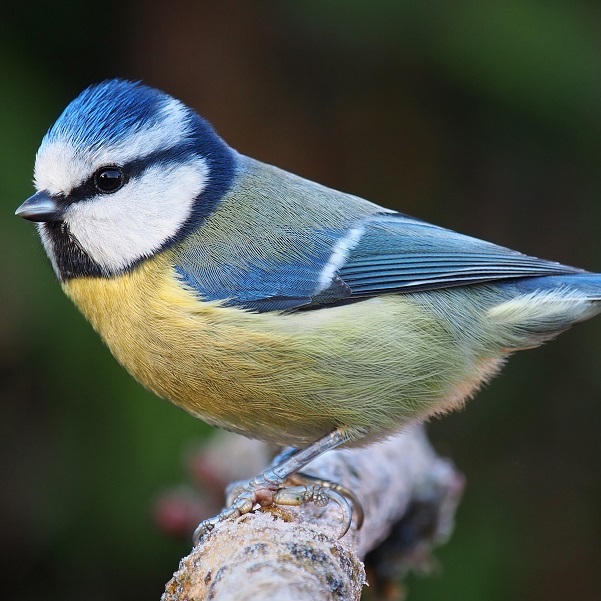Enjoying the fruits of your labour. Now is the time we should be able to sit outside and enjoy the beauty of our gardens (weather permitting). July involves mainly maintenance of plants; dead heading, watering and weeding.
Gardening Jobs For July
July plants
- Matthiola incana (Stocks)
- Helianthus annuus (Sunflower)
- Nigella
- Asteraceae (Dahlia)
- Hardy Geraniums
(all available at Palmers)
July Jobs Checklist
- Water garden thoroughly & less often
- Water planters & hanging baskets daily
- Feed border perennials
- Stake taller growing plants
- Mulch your borders
- Trim garden hedges
- Spray fungicide on roses
- Harvest lavender stalks
- Apply moss & weed killer to lawn
- Harvest soft fruit
- Prune apple & pear trees
- Plant leeks & Brassicas
- Harvest courgetees, peas & beans
- Keep an eye out for common garden pests
General Maintenance
- keep on top of those weeds by hoeing your beds and borders
- water once or twice a week. Watering thoroughly less often encourages plants to put down roots rather then constantly coming to the surface
- containers and hanging baskets still need to be watered daily
- keep your pond topped up with fresh water too, to help prevent a build up of algae
Flowers and Plants
- feed your basket plants and cut back to encourage new growth
- feed late flowering border perennials before they come into bloom (especially if the soil isn’t very fertile)
- cut back your Delphiniums and Geraniums after the first flush of flowers, this will encourage a second flowering period. Don’t forget to feed them after you cut them back
- keep dead-heading your flowers to prolong the flowering time
- if your carpet growing plants (i.e. some alpines) have become patchy, fill in the patches with gritty compost to encourage re-growth
- make sure your tall plants are staked, ie. Lupins and Delphiniums
- take cuttings of patio and container plants now, ready for next year
- mulch your borders to help retain moisture and keep weeds at bay
- trim your hedges
- keep spraying your Roses with fungicide to keep away black spot and mildew – make sure to do this in the evening to prevent any harm to bees
- why not cut some of your long Lavender stalks and tie in bunches – these look great inside as dried flowers
Lawns
- keep mowing
- feed with a summer lawn feed if you haven’t already done so
- use a moss killer or weedkiller to kill off any weeds
- if you have a newly laid lawn, keep it watered to prevent it drying out. Water in the evenings
Fruit
- keep them watered
- mulch with organic matter to help reduce water loss
- pick your soft fruit and protect with netting whilst it’s ripening
- thin plums and apples to 3 – 4 fruits per cluster
- prune your apple and pear trees to encourage development
Vegetables
- plant out your Brassicas adding short term crops in between, like lettuces and radishes – this will help to maximise space
- plant leeks for winter harvesting
- harvest young courgettes, broad beans, peas, mange tout and sugar snaps
- keep digging your potatoes
- feed tomato plants weekly with a high potash feed like Tomorite
Don’t Forget The Birds
- keep supplying them with fresh food and water. The ground is starting to harden in the warm weather, making it more difficult for birds to forage for food
- we have a full range of seeds and feeders available at Palmers

Garden pests
- inspect your lilies for the scarlet lily beetle. Their larvae can strip plants in days
- keep an eye out for vine weevils, they can be a big problem this time of year
- look out for, and treat, black spot on Roses
- Aphids (Greenfly and Blackfly) will now be making an appearance, watch out for them on the stems and leaves of young shoots
Here’s to a beautiful summer!
